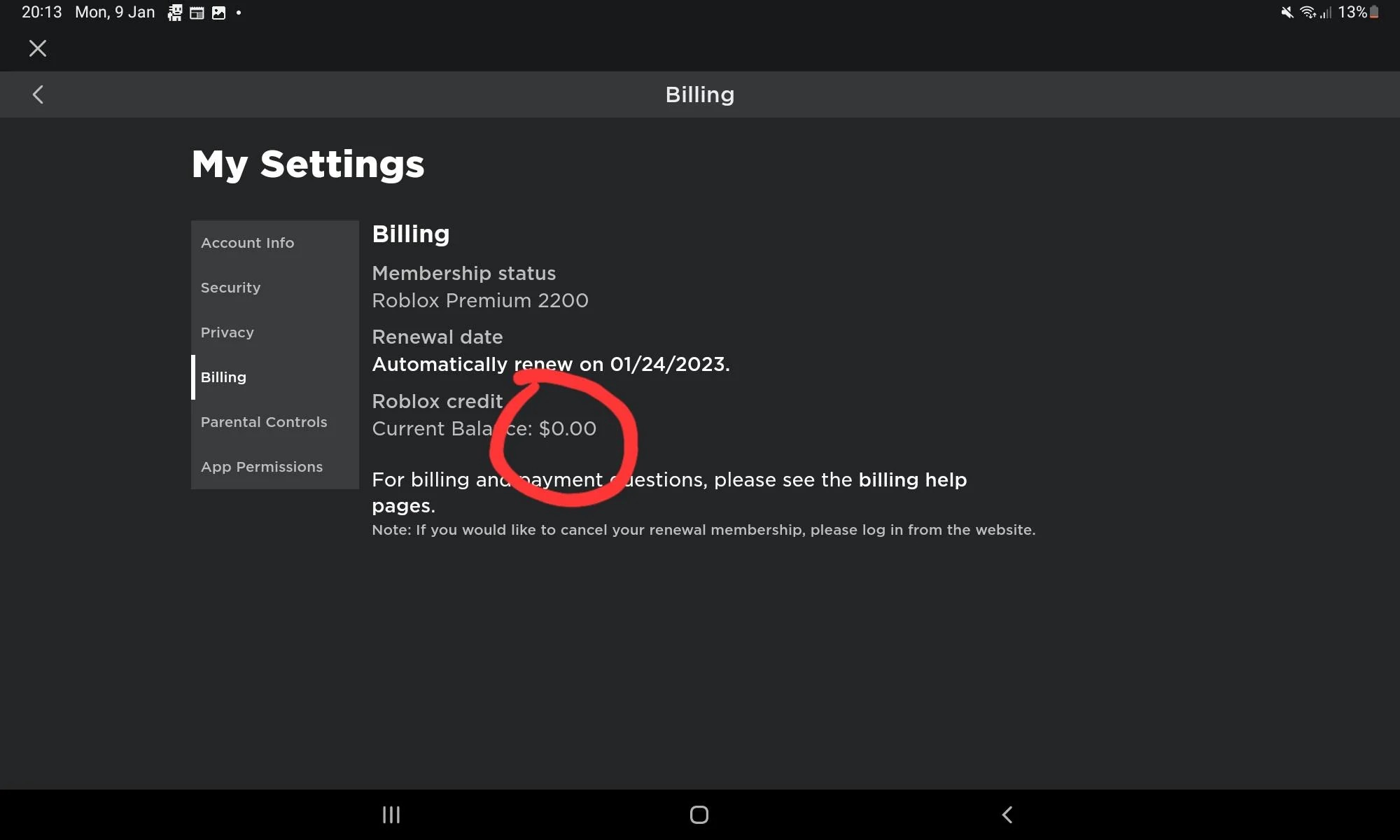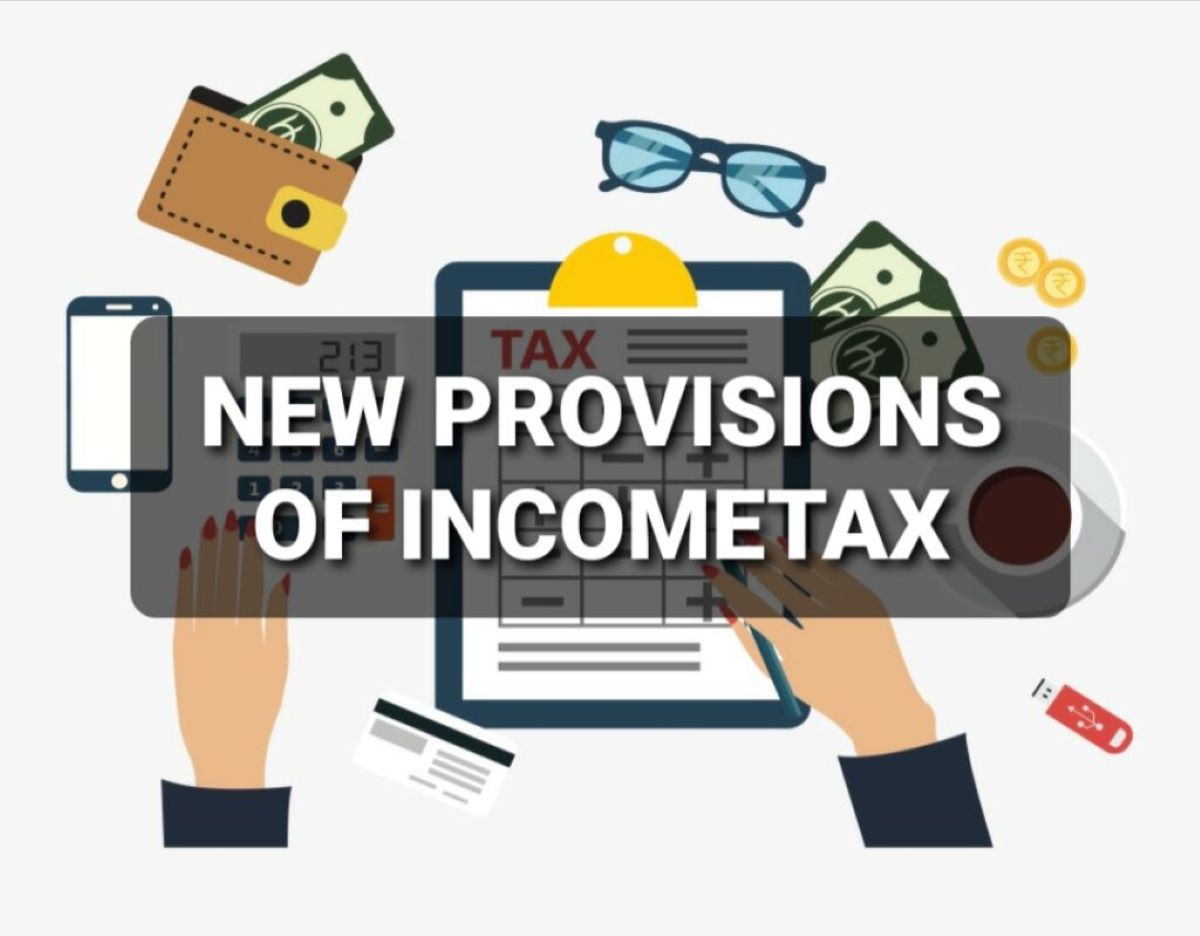

Finance
How Do I Get A Money Management Person?
Published: February 28, 2024
Looking for a reliable money management professional to help you with your finances? Find out how to get the right person for your financial needs. Contact us today!
(Many of the links in this article redirect to a specific reviewed product. Your purchase of these products through affiliate links helps to generate commission for LiveWell, at no extra cost. Learn more)
Table of Contents
Finding a Money Management Person
When it comes to managing your finances, finding the right money management person can make a significant difference in achieving your financial goals. Whether you’re seeking assistance with investment strategies, retirement planning, or general financial guidance, a skilled money management professional can provide valuable expertise and support. Here are some essential steps to help you find the ideal individual to manage your financial affairs:
- Evaluate Your Financial Needs: Before embarking on your search for a money management person, take the time to assess your specific financial requirements. Consider whether you need assistance with budgeting, debt management, investment portfolio diversification, or comprehensive financial planning. Understanding your needs will guide you in selecting a professional with the relevant expertise.
- Seek Recommendations: Reach out to trusted friends, family members, or colleagues who have experience working with money management professionals. Personal recommendations can offer valuable insights and help you identify potential candidates who have a proven track record of delivering excellent service.
- Utilize Online Resources: Take advantage of online platforms and financial forums to research and compare money management professionals. Websites such as LinkedIn, financial advisory directories, and professional networking platforms can provide valuable information about the qualifications and specialties of various professionals.
- Consult Professional Associations: Consider reaching out to professional associations such as the Financial Planning Association or the National Association of Personal Financial Advisors. These organizations can provide referrals to certified and reputable money management professionals in your area.
By following these initial steps, you can lay a solid foundation for identifying potential candidates who align with your financial needs and preferences. The next phase involves delving deeper into researching and evaluating these individuals to make an informed decision.
Understanding Your Needs
Before embarking on the journey to find a money management person, it’s crucial to gain a clear understanding of your specific financial needs and objectives. By conducting a self-assessment of your financial situation and aspirations, you can effectively communicate your requirements to potential candidates and ensure that they possess the expertise to address your concerns. Here are some key considerations to help you define your financial needs:
- Financial Goals: Begin by outlining your short-term and long-term financial goals. Whether you aspire to purchase a home, fund your child’s education, or retire comfortably, articulating your objectives will enable a money management professional to tailor their strategies to align with your aspirations.
- Risk Tolerance: Assess your comfort level with investment risk and volatility. Understanding your risk tolerance is essential, as it will influence the investment approach and asset allocation recommended by your money management person.
- Income and Expenses: Take stock of your current income, expenses, and cash flow patterns. Understanding your financial inflows and outflows will provide insight into your budgeting and cash management requirements.
- Debt Management: Evaluate your existing debts, including mortgages, student loans, credit card balances, and other liabilities. If debt management is a priority, communicate this to potential candidates to ensure they can offer guidance in this area.
- Financial Knowledge: Reflect on your level of financial literacy and confidence in managing your finances. Whether you seek basic financial education or advanced investment strategies, conveying your knowledge level will help the money management person tailor their communication and recommendations accordingly.
By comprehensively understanding your financial needs, you can engage in more meaningful discussions with prospective money management professionals and assess their ability to address your unique requirements. This clarity will lay the groundwork for a productive and tailored financial management relationship that aligns with your goals and aspirations.
Researching Potential Candidates
Once you have a clear understanding of your financial needs, the next step in finding a money management person involves thorough research to identify potential candidates who possess the expertise and credentials to meet your requirements. Here are essential strategies to aid you in researching and evaluating prospective money management professionals:
- Qualifications and Credentials: Verify the qualifications and credentials of potential candidates, such as Certified Financial Planner (CFP) certification, Chartered Financial Analyst (CFA) designation, or membership in reputable financial planning associations. These designations and affiliations indicate a commitment to professional excellence and ethical conduct.
- Experience and Specialization: Assess the experience and specialization of each candidate. Consider whether they have a proven track record in areas relevant to your financial needs, such as retirement planning, investment management, tax planning, or estate planning.
- Client Reviews and Testimonials: Seek out client reviews and testimonials to gain insights into the experiences of individuals who have worked with the prospective money management professionals. Online platforms, professional directories, and social media can provide valuable feedback and recommendations.
- Fee Structure and Services: Inquire about the fee structure and the range of services offered by each candidate. Understanding how they charge for their services and the scope of their offerings will help you assess the value they can provide in managing your finances.
- Regulatory Compliance: Ensure that the candidates are in good standing with regulatory authorities and have a clean disciplinary record. This can be verified through databases maintained by regulatory bodies and professional associations.
By conducting comprehensive research into potential candidates, you can gain confidence in their capabilities and make an informed decision when selecting a money management person. The next phase involves engaging with these professionals through interviews to further assess their suitability for managing your financial affairs.
Interviewing and Selecting a Money Management Person
As you progress in your quest to find a money management person, the process of interviewing and selecting the right professional is paramount. This phase provides an opportunity to engage directly with potential candidates, assess their compatibility with your financial needs, and evaluate their communication style and approach to financial management. Here are essential steps to guide you through the interviewing and selection process:
- Initial Consultations: Schedule initial consultations with the shortlisted money management professionals. These meetings serve as an opportunity to discuss your financial goals, ask pertinent questions, and gauge the compatibility of each candidate with your requirements.
- Communication and Transparency: Evaluate the communication style and transparency of the candidates. A trustworthy money management person should be able to explain complex financial concepts in a clear and understandable manner while maintaining transparency regarding their strategies and recommendations.
- Assessment of Approach: Inquire about the approach and strategies that the professionals would employ to address your financial needs. Assess whether their methods align with your preferences and risk tolerance, and whether they demonstrate a comprehensive understanding of your unique circumstances.
- Ethical Standards: Discuss the ethical standards and fiduciary responsibilities upheld by the candidates. It is crucial to select a money management person who prioritizes your best interests and adheres to ethical guidelines in their financial recommendations and decision-making.
- References and Case Studies: Request references and case studies that showcase the candidates’ successful management of similar financial scenarios. This can provide valuable insights into their problem-solving abilities and the outcomes they have achieved for their clients.
- Compatibility and Trust: Assess the overall compatibility and trustworthiness of the candidates. Building a strong rapport and a sense of trust with your money management person is essential for fostering a productive and enduring financial management relationship.
By conducting thorough interviews and assessments, you can confidently select a money management person who aligns with your financial goals and exhibits the expertise and integrity necessary to guide your financial journey. Once you have made your selection, the subsequent phase involves establishing a solid working relationship and setting clear expectations for the collaboration.
Establishing a Relationship and Setting Expectations
After selecting a money management person, the process of establishing a strong working relationship and setting clear expectations is vital for a successful collaboration. This phase marks the beginning of a partnership aimed at managing your financial affairs and achieving your monetary aspirations. Here are essential steps to ensure a productive and harmonious relationship with your chosen money management professional:
- Open Communication: Foster open and transparent communication with your money management person. Clearly convey your financial goals, concerns, and any changes in your circumstances that may impact your financial plan.
- Regular Reviews: Schedule regular reviews and check-ins to assess the progress of your financial plan and address any adjustments that may be necessary due to market conditions, legislative changes, or shifts in your personal situation.
- Documentation and Agreements: Ensure that all financial agreements, services, and fee structures are documented in writing. This includes the scope of services, the frequency of reviews, and the responsibilities of both parties in the financial management process.
- Clarification of Roles: Clarify the roles and responsibilities of both you and the money management person. Understanding the division of tasks and decision-making processes will help streamline the financial management process and avoid misunderstandings.
- Adherence to Objectives: Emphasize the importance of aligning all financial strategies and recommendations with your stated objectives and risk tolerance. Your money management person should prioritize your goals and ensure that all financial decisions support your long-term aspirations.
- Evaluation of Progress: Establish benchmarks and criteria for evaluating the progress of your financial plan. This may include specific performance metrics for investments, milestones for debt reduction, or targets for retirement savings.
By proactively establishing a solid working relationship and setting clear expectations, you can lay the groundwork for a collaborative partnership that empowers you to make informed financial decisions and work towards achieving your desired financial outcomes. Effective communication, mutual respect, and a shared commitment to your financial success are the cornerstones of a fruitful relationship with your money management person.














